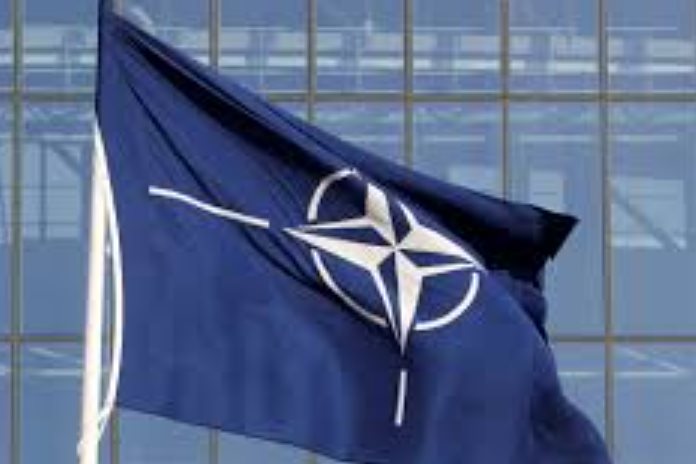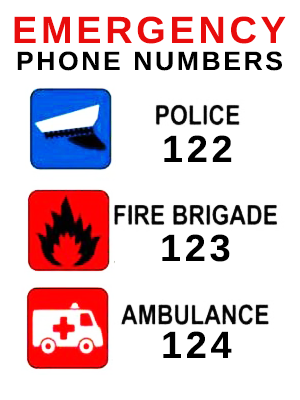NATO supports Bosnia and Herzegovina’s emergency response capacities – Leaders of emergency response institutions from Bosnia and Herzegovina have concluded their visit to the United States, where discussions were held on enhancing a mobile application that has been in use for four years, contributing to saving lives in over 2,500 different emergency situations throughout Bosnia and Herzegovina.
This visit, financed by NATO, allowed the Bosnian team to meet with experts from the renowned Massachusetts Institute of Technology (MIT), creators of the application.
The Bosnian team also had the opportunity to share valuable experiences with experts on how the application performs in real emergency situations, as well as to discuss desired features for future versions of the application.
The purpose of the Next Generation Incident Command System, known as NICS and resulting from the NATO project Science for Peace and Security, is to facilitate collaborative work among emergency response teams from different organizations and countries.
Challenges addressed by this project included the incompatibility of radio devices, hindering communication among teams, as well as difficulties in exchanging location information and sending updated information to all involved in rescue operations.
The system includes a feature allowing teams to communicate with each other, view the locations of other rescue teams, and independently update and share real-time incident information.
Additionally, crucial factors such as wind speed and direction (critical for firefighting) and information about areas contaminated with mines can be added to the incident map with just one click.
Congratulating all involved in the ongoing success of this project, NATO Sarajevo Headquarters Commander, Brigadier General Pamela McGaha, emphasized the importance of communication and swift action in emergency situations.
“From my own experience in disaster response, I know how crucial two factors are – speed and communication,” she stated.
General McGaha highlighted that natural disasters do not recognize state borders.
“That’s why we need a joint system and training to ensure that we can act together. This is what NATO does. It brings together resources and intellectual capabilities from all 31 member countries to address common problems,” she specified.
She noted how the NICS system ensures that every rescuer possesses real-time information and can communicate with other teams in the field, regardless of the agency or country they come from.
“I am proud that NATO has created a product that continues to save lives in Bosnia and Herzegovina, and that leaders in this field in Bosnia and Herzegovina have the opportunity to influence the improvement of the system and the creation of NICS version 2.0,” McGaha concluded.
During the roundtable marking the launch of the new phase of the NATO NICS project, the Bosnian delegation, including representatives from the Ministry of Security of Bosnia and Herzegovina, civil protection authorities of entities and Brčko District of Bosnia and Herzegovina, as well as the Armed Forces of Bosnia and Herzegovina, discussed best practices in emergency management and disaster response with a focus on the application of new technologies. This visit also provided an opportunity to establish collaboration with U.S. emergency response institutions utilizing NICS. NICS played a crucial role in extinguishing fires in Bosnia and Herzegovina in 2022 by enabling real-time information sharing among various competent institutions, essential for rescuers and firefighters in the field, as reported by NATO Sarajevo Headquarters.








